Suraksha-led Jaypee Infratech has secured re-validation of RERA registration for seven stalled housing projects in Delhi-NCR, covering 10,000 housing units. This approval is expected to accelerate construction and facilitate easier access to home loans from financial institutions.
The seven projects include Jaypee Greens Klassic—D, Jaypee Greens Kosmos—A (Phase II), Jaypee Greens Kosmos—C, Jaypee Greens Kensington Boulevard Apartments, Jaypee Greens Kasa Isles, Jaypee Greens Krescent Homes, and Pebble Court. Together, these developments comprise 10,082 units across various configurations. The delivery of these units is planned in phases, starting December 2025, as per the approved resolution plan.
Homebuyers have faced difficulties securing home loans due to the absence of valid RERA registration. The re-validation is expected to improve their access to financing. Suraksha-led Jaypee Infratech is also in the process of securing RERA re-validation for additional projects.
In June 2024, Suraksha Group assumed control of Jaypee Infratech Ltd (JIL) following an insolvency resolution process. The group constituted a three-member board, with Sudhir V Valia appointed as a non-executive director. This followed the National Company Law Appellate Tribunal (NCLAT) decision on May 24, 2024, which upheld Suraksha Group’s acquisition bid and directed an additional payment of ₹1,334 crore to the Yamuna Expressway Industrial Development Authority (YEIDA) for farmers' compensation.
The Corporate Insolvency Resolution Process (CIRP) against JIL began in August 2017, initiated by an IDBI Bank-led consortium. On March 7, 2023, the National Company Law Tribunal (NCLT) approved Suraksha Group’s resolution plan. The NCLAT reaffirmed this decision in May 2024.
Following the takeover, Suraksha Group has started infusing funds and preparing for the resumption of construction on stalled projects. Approximately 20,000 homebuyers have been impacted by these delays. Completing the pending work requires an estimated investment of ₹6,500-7,000 crore to finish nearly 160 residential towers across multiple projects.
The resolution and re-validation of RERA registration provide relief to homebuyers, offering clarity on project timelines and financial accessibility. The focus now shifts to executing construction plans and delivering homes as scheduled.
Suraksha Group’s plan includes mobilizing resources, coordinating with financial institutions, and engaging contractors to ensure steady progress. The company aims to streamline the construction process and minimize further delays. The re-validation of RERA registration is also expected to improve buyer confidence, encouraging those who were previously hesitant to invest in these projects.
The company is also working on strategies to handle pending legal issues and address concerns raised by regulatory bodies. Ensuring compliance with RERA norms remains a priority, with regular monitoring and reporting mechanisms being established.
In addition to home loan accessibility, the re-validation may also impact property market trends in the region. Analysts suggest that renewed construction activities could stabilize real estate prices and boost demand for residential properties in the area.
With the RERA registration process progressing, Suraksha Group is focusing on maintaining transparency in its operations. Regular updates to homebuyers and stakeholders are being planned to ensure smooth communication. The group’s immediate priority is meeting the December 2025 deadline and completing units in a phased manner.
The impact of this development extends beyond the immediate projects. Industry observers note that successful completion of these stalled units could set a precedent for other delayed real estate projects in India, influencing regulatory decisions and policy frameworks in the sector.
Homebuyers and investors will be closely monitoring progress, as delays in execution could impact market sentiment. Suraksha Group’s ability to adhere to its financial commitments and construction timelines will be crucial in rebuilding trust among stakeholders. The coming months will determine the effectiveness of the re-validation process in resolving long-standing issues in the sector.

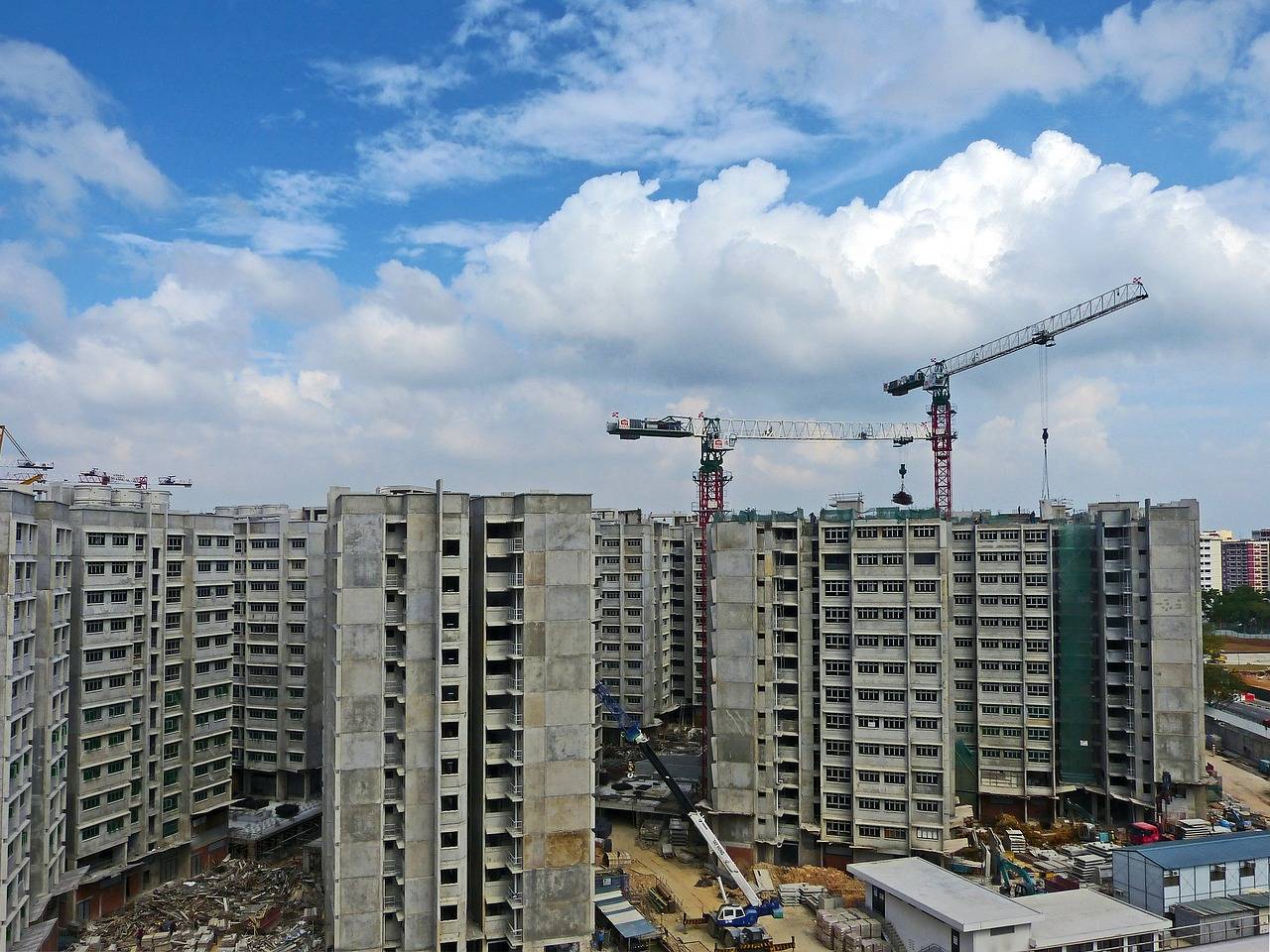
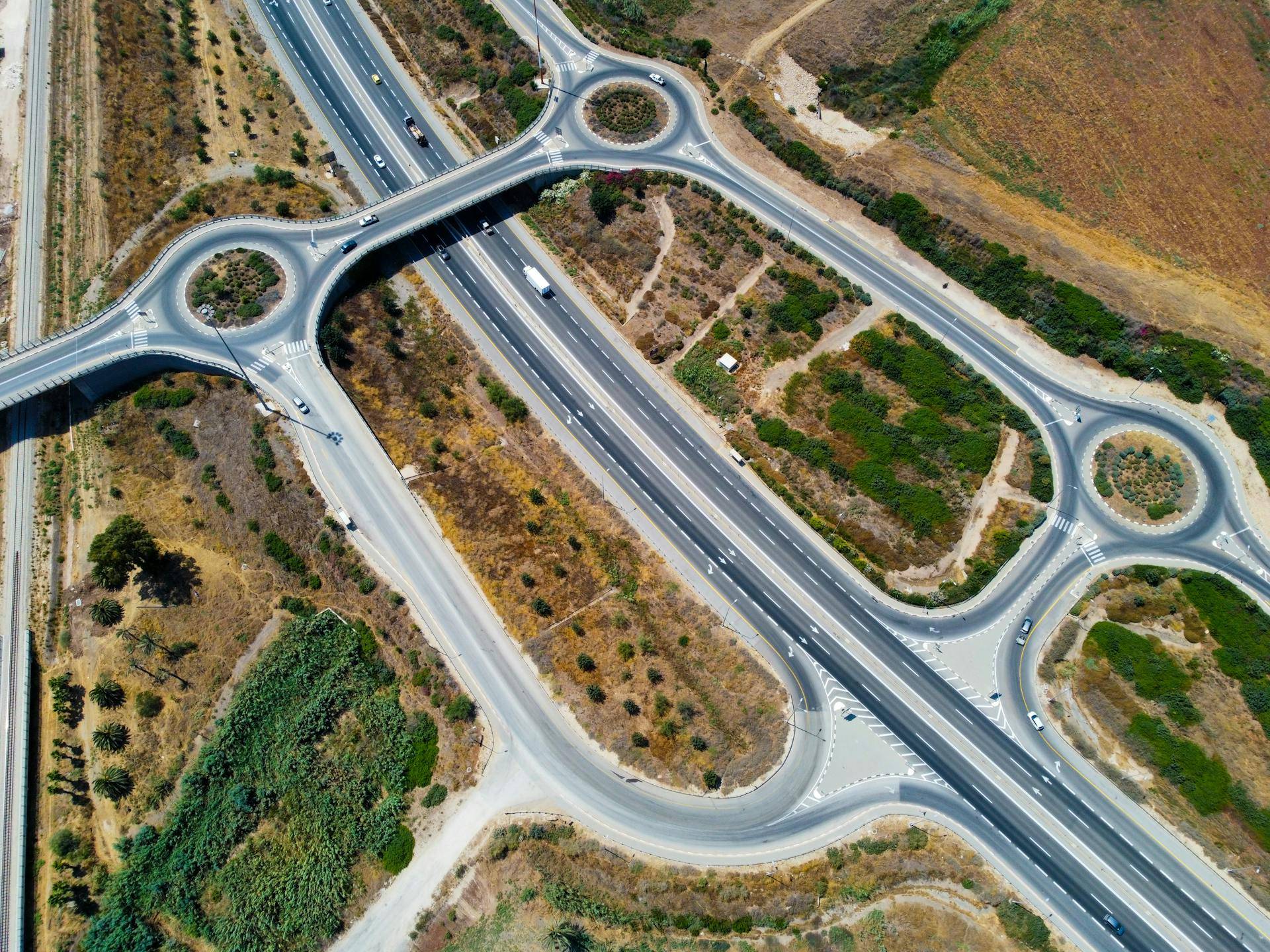
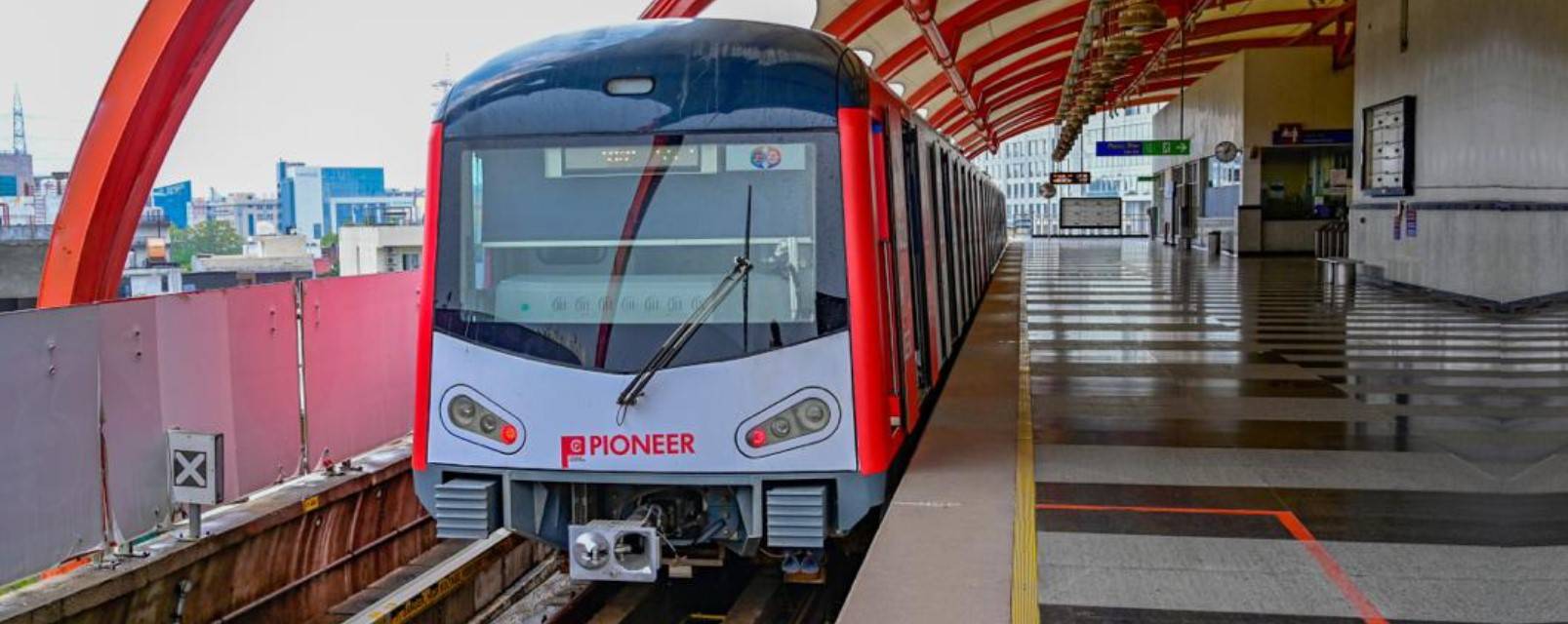
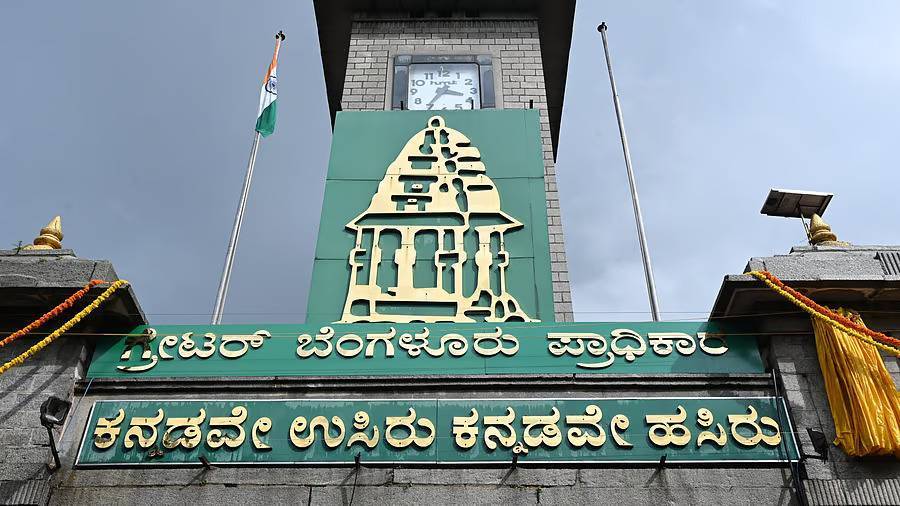

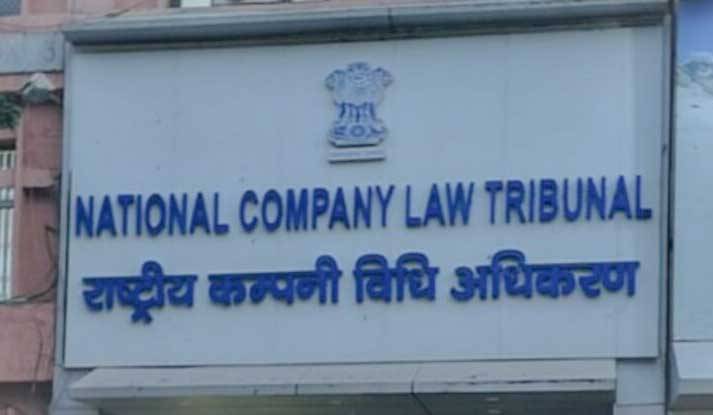
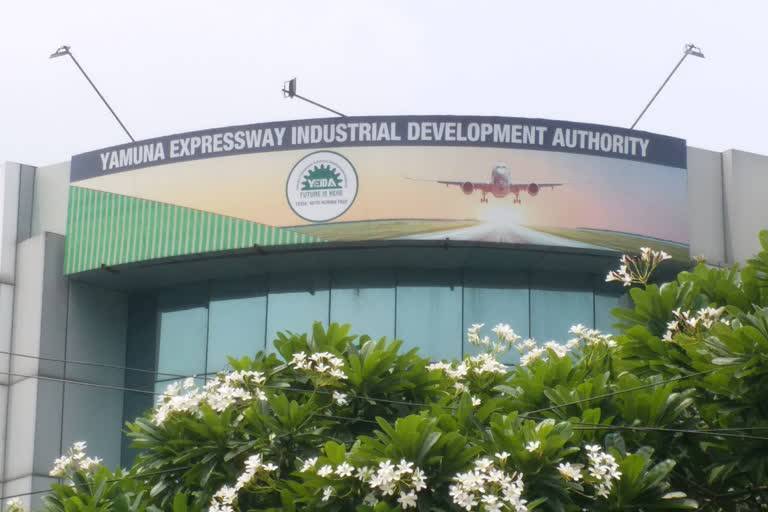

.png)